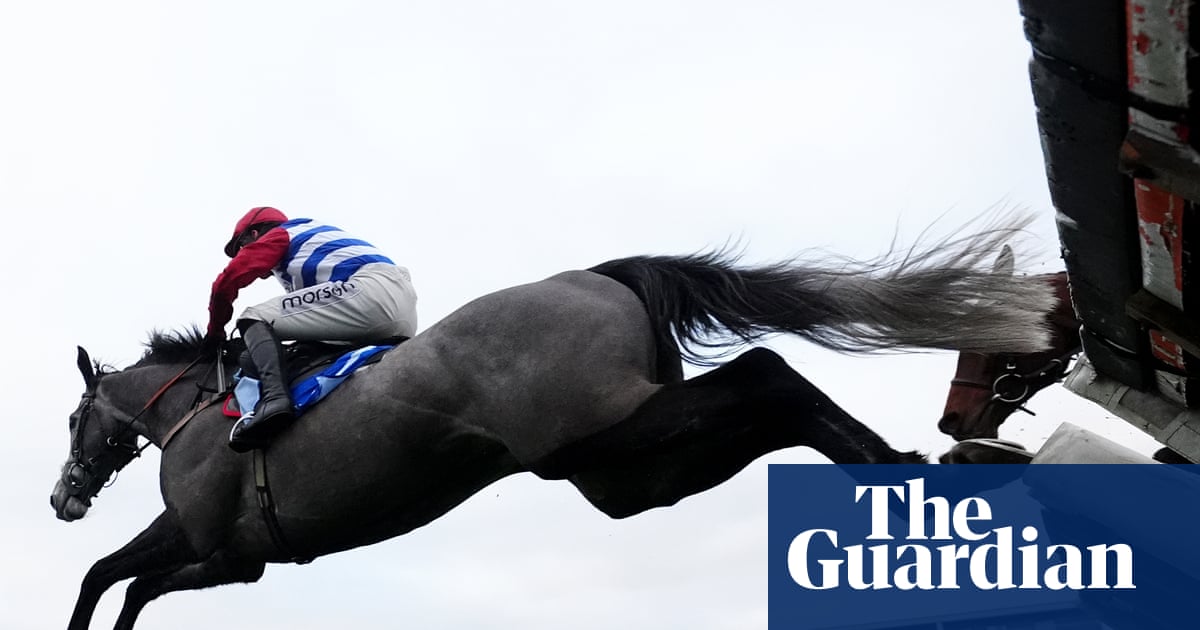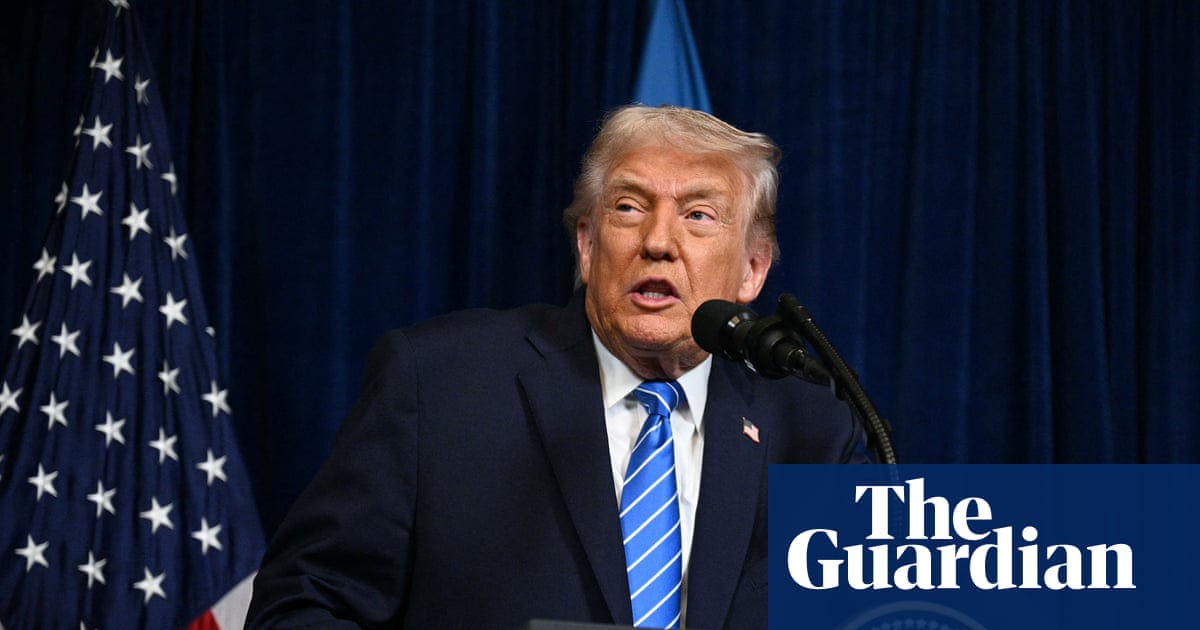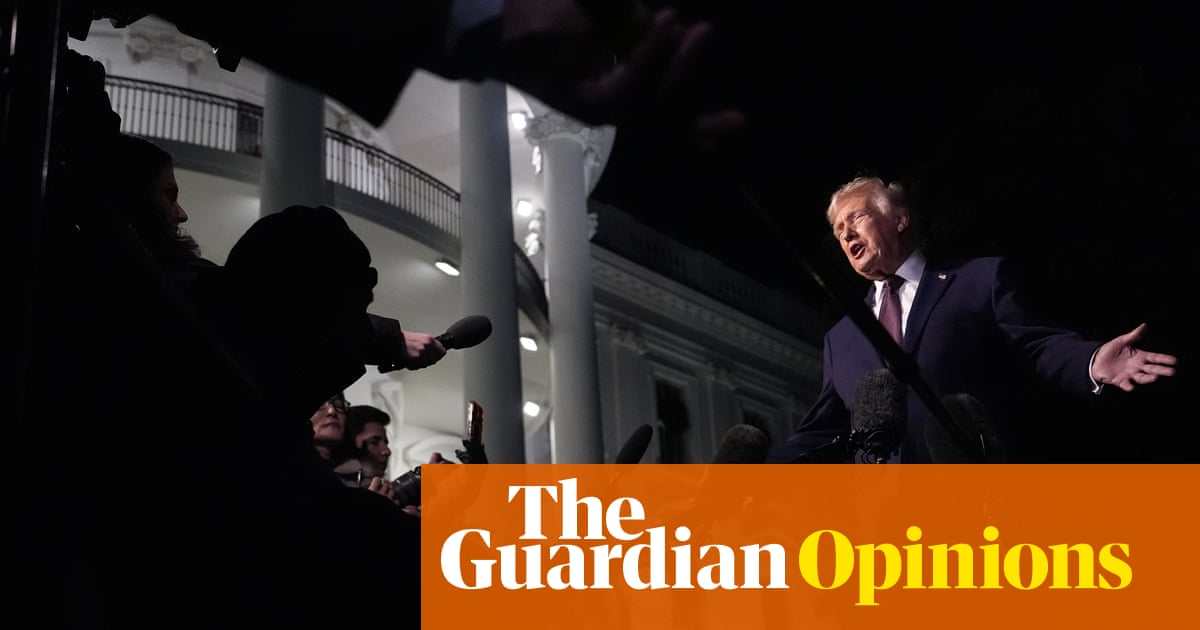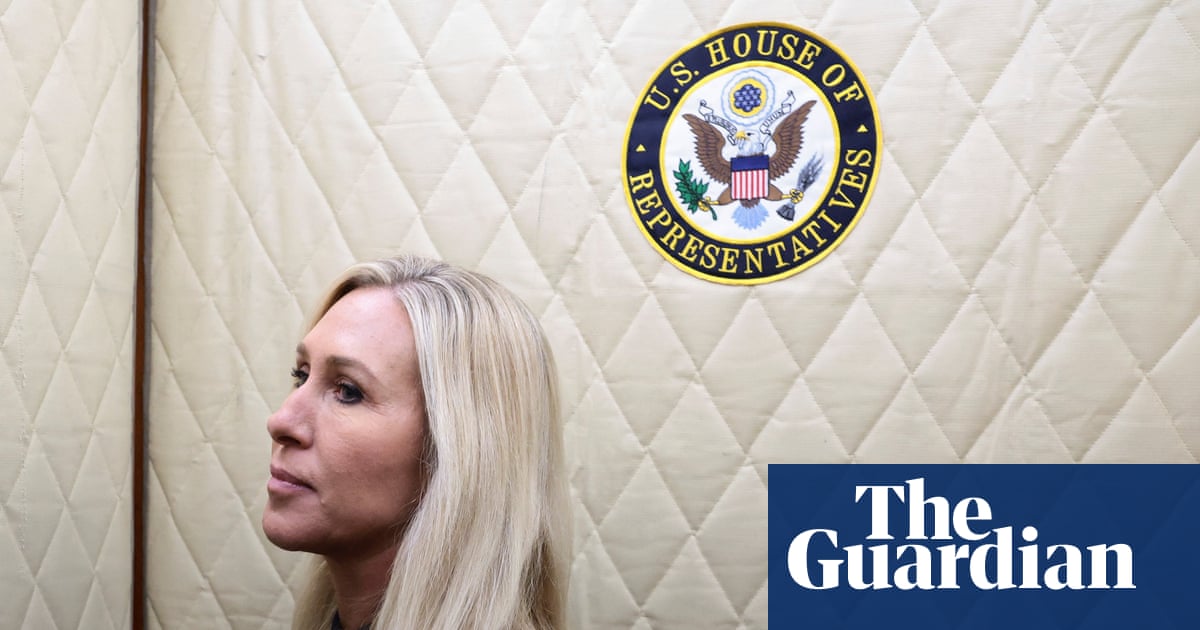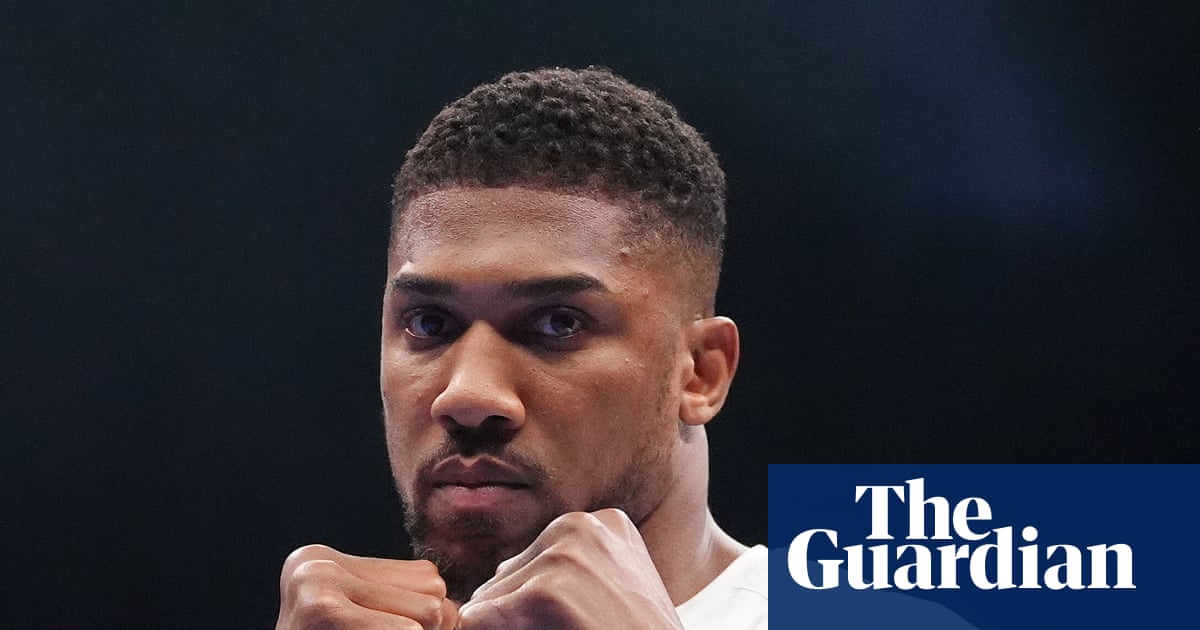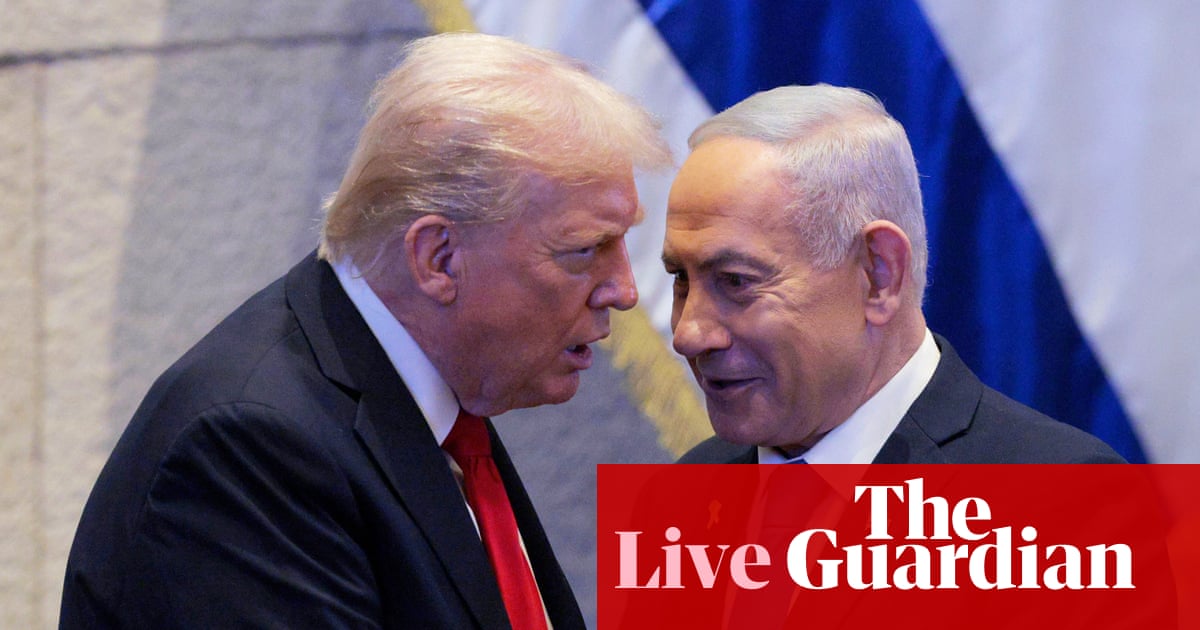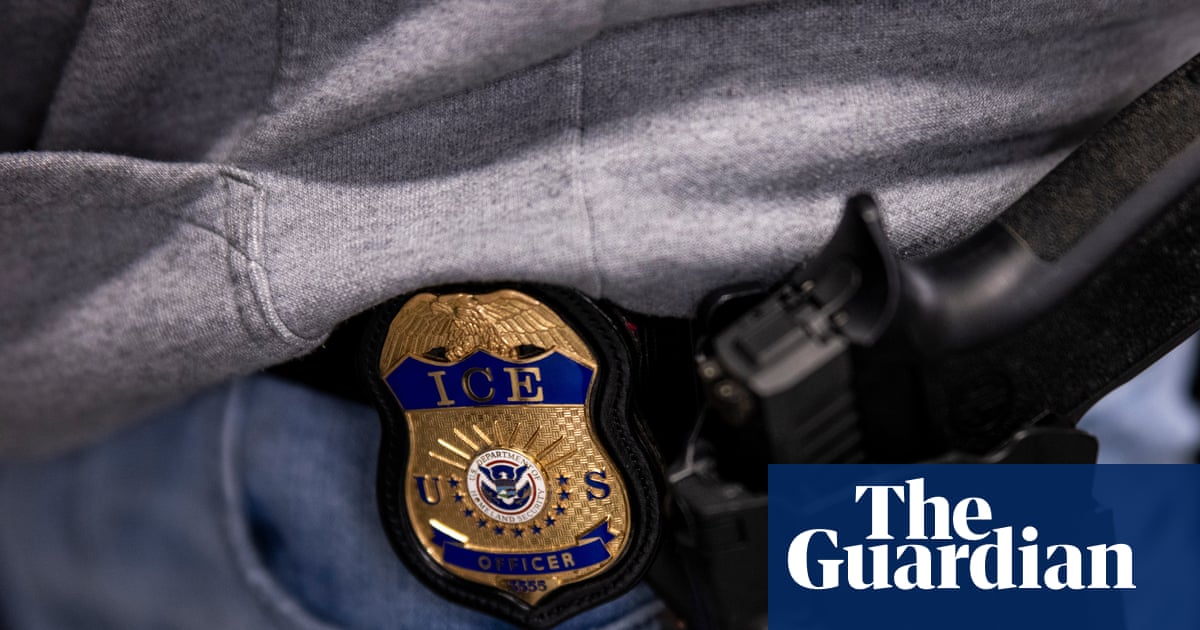Over the course of American history, presidents have not been judged by whether violence occurred on their watch but by how they responded to it. Each crisis poses the same test: will the person who holds the office use it to steady the republic, or to further polarize it?
The oath of office exists for precisely this moment. It binds the president to something larger than self-interest and party, the constitution and the rule of law. In the wake of rightwing political activist Charlie Kirk’s death, Donald Trump has forsaken this oath, instead choosing to wield his immense power to further divide an already polarized nation, not unite it. History will not soon forget this grave act of political opportunism.
One can look to the historical record to see this dilemma is not new.
On the brink of civil war, Abraham Lincoln appealed to the “better angels of our nature” and reminded the country that the presidency carries a constitutional duty to “preserve, protect and defend the constitution”.
In this case, national leadership meant taking a moment of profound shock and transforming it into a reaffirmation of civic equality and lawful process. But not all presidents have taken this path. Andrew Johnson, who took office after Lincoln’s murder, used his bully pulpit to vilify members of Congress, even threatening one sitting congressman. He even took a shot at his predecessor’s legacy by delaying a protection Lincoln promised to formerly enslaved people. He refused to condemn the violence that terrorized both Black citizens and those who supported Reconstruction. His war with Congress and his abdication of constitutional responsibility culminated in impeachment and left a legacy marked by division and societal backsliding.
The lesson is not just academic. It is urgent. When violence shocks the nation, the president’s job is to tell the truth about the law, to call for calm and to make clear that guilt is individual, not collective. Fault lies with one singular culprit, not an entire wing of the American electorate. The oath presidents swear is a promise to all Americans. It obliges them to speak for the whole country and to equally apply the law without fear or favor. That obligation rules out scapegoating entire communities for the act of a lone offender, and it rules out turning grief into a pretext for settling political scores.
Yet in this moment, rather than discharge that duty, this president has chosen to weaponize tragedy. By blaming the so-called “radical left” for the act of a single individual, he has not merely ducked responsibility; he has mocked the oath itself. A pledge that should bind him to all Americans is being repurposed as a tool of division. The message to political opponents and vulnerable communities is unmistakable: you are targets first and citizens second.
In an interview with NBC News, Trump claimed he was hoping to heal the nation. But in the same breath, he pinned the blame on a sweeping and ill-defined “radical left group of lunatics”.
“They don’t play fair and they never did,” he said. On Friday, he threatened to launch an investigation into Democratic megadonor George Soros. This president is following his same divisive playbook, blaming national tragedies on political opponents and desecrating the oath of office in the process.
There is another path, and we have seen it in much more recent history. After the attacks of September 11, George W Bush visited a mosque and insisted that American Muslims were not the enemy. He rejected collective blame. After the Oklahoma City bombing, Bill Clinton urged the country to lower its rhetoric and to reject the conspiracism that can legitimize violence.
After Martin Luther King Jr’s assassination in 1968, Lyndon B Johnson addressed a grieving nation and urged Americans to recommit to democracy and justice. He spoke plainly about the danger that violence posed to democratic life and about the responsibility of the government to secure citizens’ civil rights rather than foment fear.
What would following the oath look like now? It would begin with an unambiguous condemnation of political violence and of vigilantism. It would affirm the independence of investigators and courts and would promise that the law will be enforced fairly. It would reject collective guilt and refuse any attempt to turn grief into a cudgel against political enemies. It would summon Americans to constitutional solidarity: to the idea that we settle our fiercest disagreements through law, argument and elections, not through intimidation.
Today’s choice is stark. A president can meet the moment by defending the constitution and uniting the nation. But this president has chosen another way. He has appealed to our worst demons, not our better angels. He has blamed an entire segment of the population, the so-called “radical left”, for the actions of one person whose motives for his act of murder are still not settled. And he has chosen to target enemies and vilify his opponents, rather than to answer the call of the constitution. History will remember him like Johnson, who made a mockery of the oath, not Lincoln, who sought to honor it.
-
Corey Brettschneider is a professor of political science at Brown University. He co-hosts the podcast The Oath and the Office, and is the author of The Presidents and the People: Five Leaders Who Threatened Democracy and the Citizens Who Fought to Defend It

 3 months ago
48
3 months ago
48







